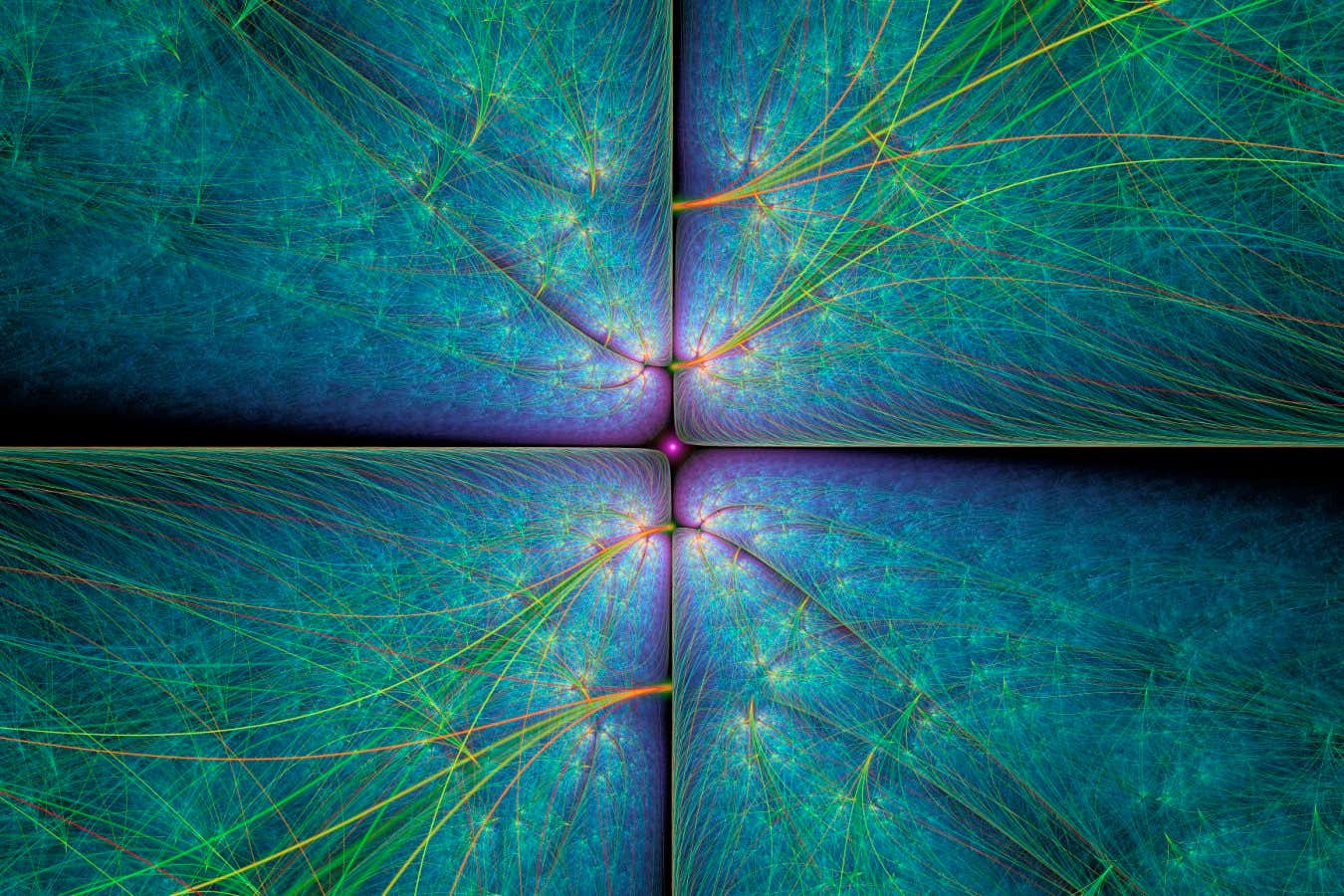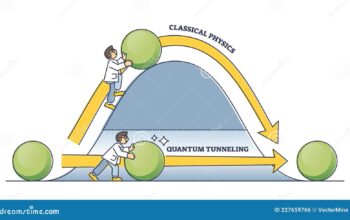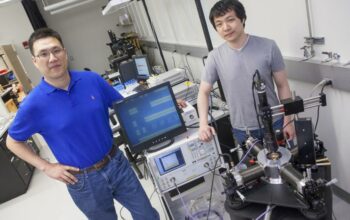Quantum physics, often deemed the “wild west” of the scientific realm, has revolutionized our understanding of the universe at a fundamental level. Its principles, though often abstract, have yielded tangible advancements that permeate various facets of modern life. To elucidate the profound impact of this esoteric discipline, we will explore its contributions across multiple domains, including technology, medicine, and the broader philosophical implications it has spawned.
1. The Technological Renaissance
In the realm of technology, quantum physics has been a harbinger of innovation, leading to the development of various applications that have transformed our everyday existence. At the forefront is the invention of the transistor, a cornerstone component that has catalyzed the digital revolution. Transistors, relying on quantum mechanics to function, form the bedrock of contemporary electronic devices, allowing for the miniaturization of technology and the advent of computers that fit into the palms of our hands.
Moreover, the evolution of semiconductors, driven by quantum principles, has enabled significant enhancements in data processing speeds and efficiency. In the cosmic dance of electrons within these materials—where they occupy discrete energy levels—transistors switch on and off with astonishing rapidity, fueling the relentless pursuit of faster computational capabilities.
Quantum mechanics has also paved the way for the development of lasers, which have found utility in diverse fields ranging from medicine to telecommunications. The coherent light produced through stimulated emission is harnessed in surgical procedures, optical disc drives, and fiber optic communications, exemplifying how the very fabric of quantum theory stitches together modern civilization.
2. Medical Marvels: Imaging and Treatment
Delving into the realm of medicine, quantum physics has simultaneously unfurled a tapestry of revolutionary advancements in diagnostics and therapeutics. One of the most notable applications is magnetic resonance imaging (MRI). This diagnostic modality employs quantum mechanics to derive images of the body’s internal structures. By exploiting the spin of protons in hydrogen atoms, MRI provides high-resolution scans without the deleterious effects of ionizing radiation, thus revolutionizing how physicians diagnose and monitor ailments.
Furthermore, quantum theory underpins the burgeoning field of quantum computing, which promises to overhaul traditional methodologies for drug discovery and molecular modeling. Through simulating molecular interactions at quantum levels, researchers aim to expedite the discovery of new pharmaceuticals, rendering the process of developing life-saving medications less time-consuming and more efficient.
Additionally, quantum mechanics plays an integral role in the realms of radiotherapy and quantum dots for targeted drug delivery. These quantum-enhanced techniques enable more precise targeting of cancerous cells while sparing healthy tissues, thereby ushering in a new era of personalized medicine.
3. Cryptography: The New Frontier of Security
The increasing relevance of cybersecurity in our digital age cannot be overstated. Quantum physics has birthed a paradigm shift in cryptographic methodologies through the advent of quantum key distribution (QKD). This nascent approach leverages the principles of superposition and entanglement, ensuring that any potential eavesdropping attempt results in detectable disturbances. The implications of QKD extend to securing communications against future threats posed by powerful quantum computers that could potentially crack conventional encryption methodologies.
This newborn breed of cryptography exemplifies a brilliant metamorphosis in how we think about security in the digital domain, marrying the realms of quantum theory with practical applications that safeguard sensitive information. Security, once an abstract concept, has been rendered resilient through the unyielding laws of quantum mechanics.
4. Philosophical Implications and Cognitive Dissonance
Beyond the tangible advancements, quantum physics invokes a cascade of philosophical reflections that resonate deeply within the scientific community and society at large. The counterintuitive principles, such as wave-particle duality and quantum entanglement, challenge our conventional understandings of reality and locality. They suggest a universe that is inherently interconnected, where particles exist in multiple states simultaneously, embodying the idea that observation plays a crucial role in determining the state of a system.
This has implications for our comprehension of causality and determinism. The uncertainty principle posited by Heisenberg dissolves long-held notions of predictability, leaving in its wake a kaleidoscope of potentialities. Such revelations provoke profound cognitive dissonance, compelling both scientists and philosophers alike to grapple with the nature of existence and the limits of human knowledge.
In a world increasingly governed by classical logic, the quantum realm reverberates as an enigma, fostering intellectual curiosity and challenging the deterministic narratives that underlie much of Western thought. It beckons us to reconsider the fabric of reality and our place within it, unveiling the delicate interplay of observation and existence.
5. The Future of Quantum Physics
The horizon of quantum physics is teeming with promise and burgeoning potential. As research ventures further into quantum technologies, new applications continue to emerge, anticipating advances in areas such as quantum sensing and quantum communications. These innovations not only aim to fortify our technological landscape but also hold the key to unlocking even deeper mysteries of the universe.
In this brave new world where quantum theory intertwines with myriad disciplines, the implications for our understanding of nature resonate profoundly. Just as quantum mechanics has transformed our technological and medical horizons, it continues to invoke fascination and inspire generations of thinkers to peer deeper into the fabric of reality and unravel its enigmas.
In conclusion, quantum physics has indelibly shaped the 20th and 21st centuries, leaving an indelible mark upon technology, medicine, security, and philosophical discourse. It is both a scientific revolution and an intellectual journey that invites perpetual inquiry and discovery, revealing a universe that is, perhaps, far more wondrous and complex than we can ever comprehend.












